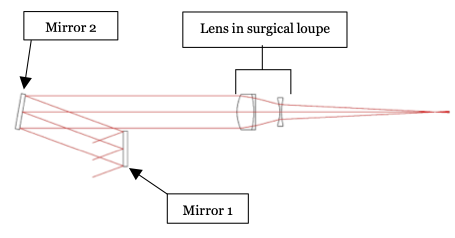
Surgical Loupe Improvement
A device that allows surgeons to adjust the declination angle of their loupes to improve posture during long operations.

Machine Learning Decision Support Tool For Trauma Activation Level
ML Based classification model to detect triage level for patients arriving at trauma centre, and thus allocate appropriate resources. This was achieved using patients’ data from URMC (Department of Paediatrics).
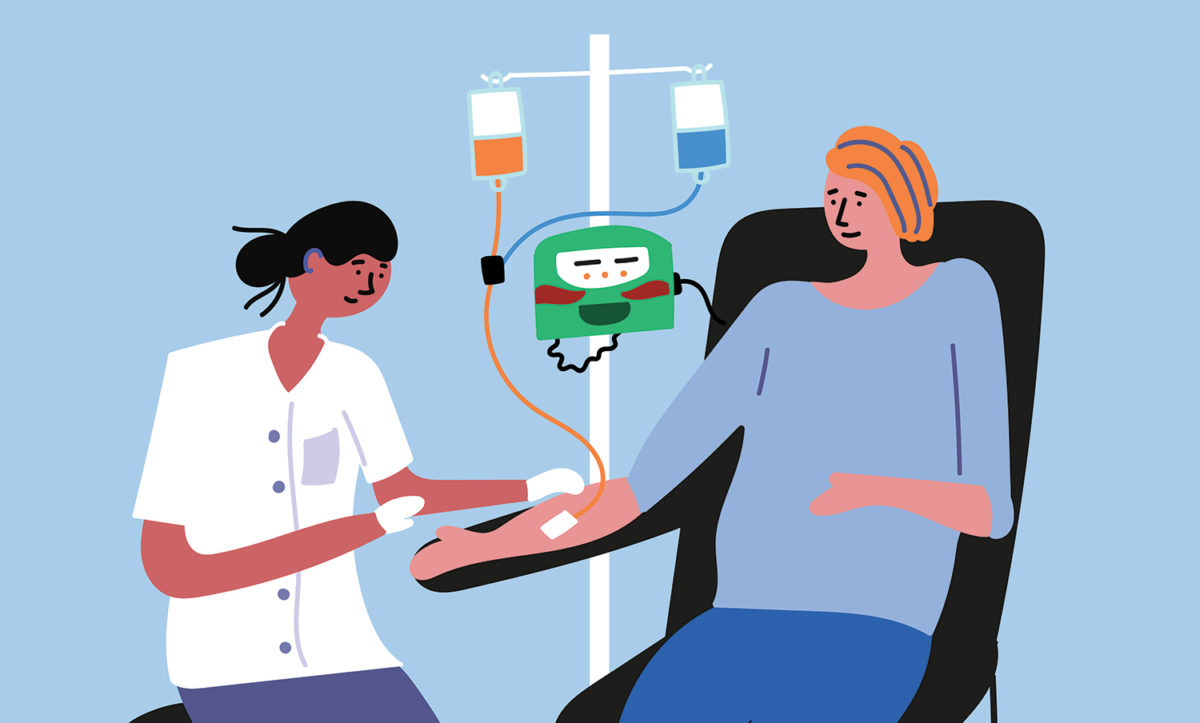
URMC Geriatric Oncology
This project investigates the associations between geriatric assessment based features and relative dose intensity of chemotherapy. It is at the first few phases of Wilmot Cancer Institute’s Ger Oncology Research team at University of Rochester Medical Center. The team refined the data preprocessing pipeline, built predictive models and employed feature selection on the dataset, providing insightful suggestions for future work in cancer studies.
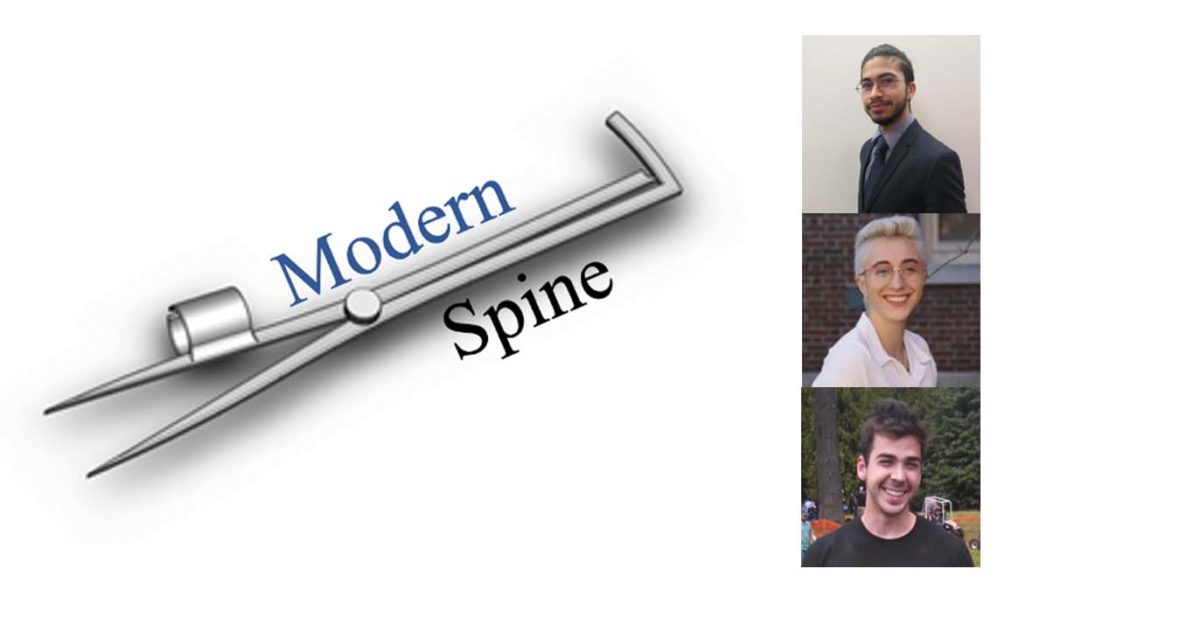
Modern Spine
A novel surgical caliper to measure the width of the facet joint during a laminectomy.
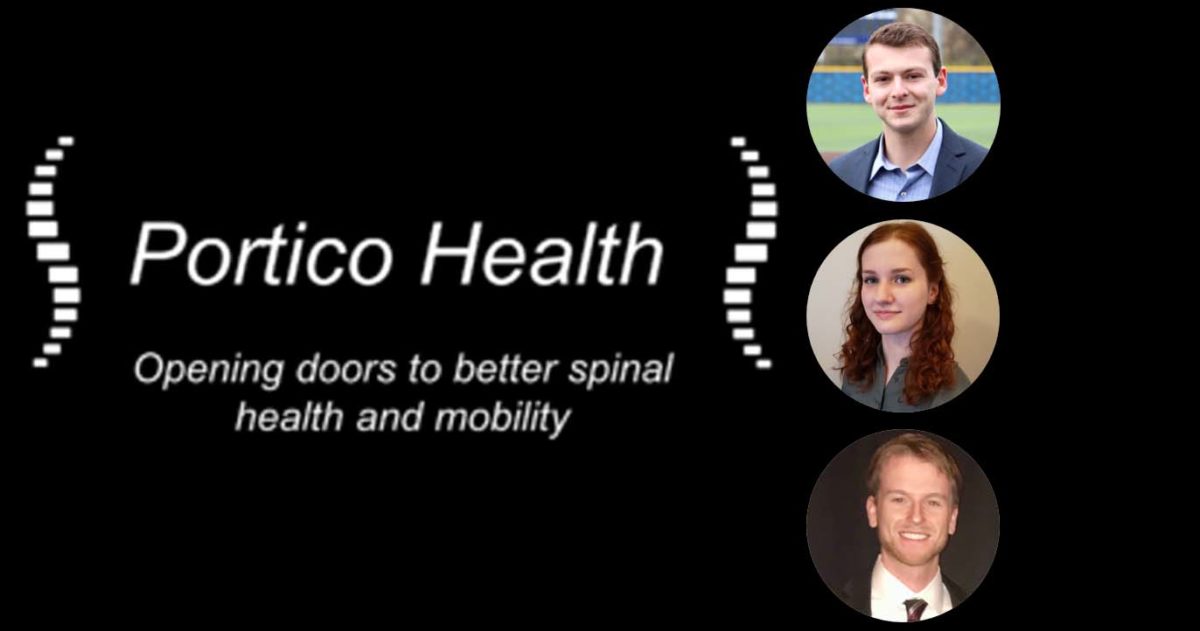
Portico Health
The Portico Laminoplasty Fixation System allows surgeons to perform open-door laminoplasty using only one fastener.
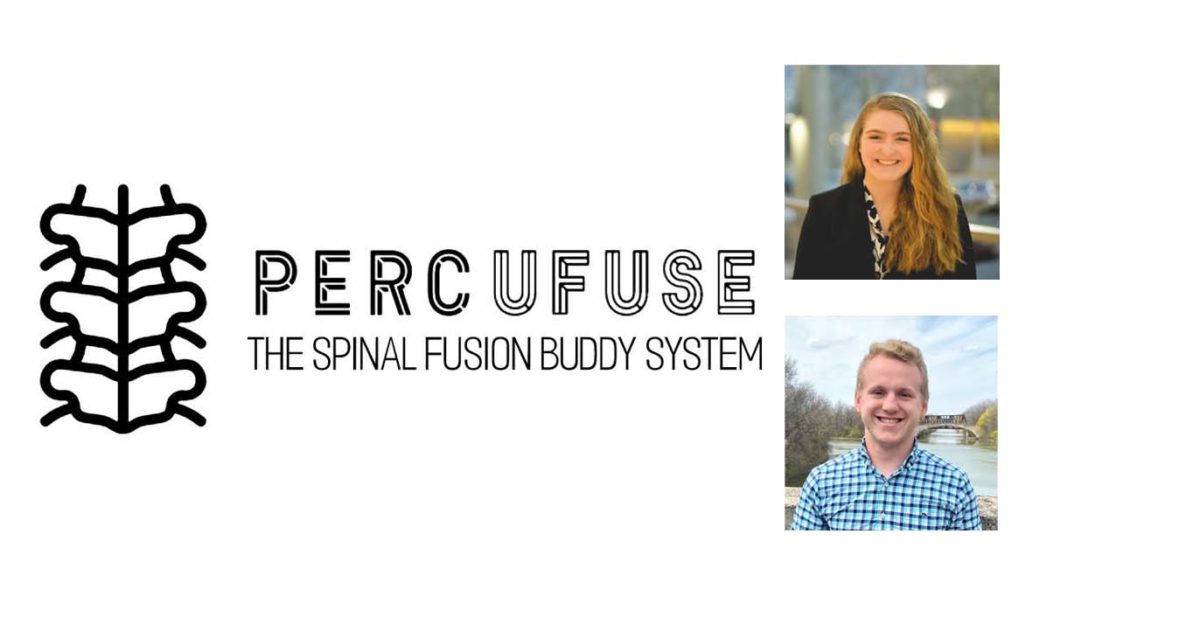
Neuro 2
A minimally invasive instrument designed to increase fusion rates in percutaneous spinal fusions.
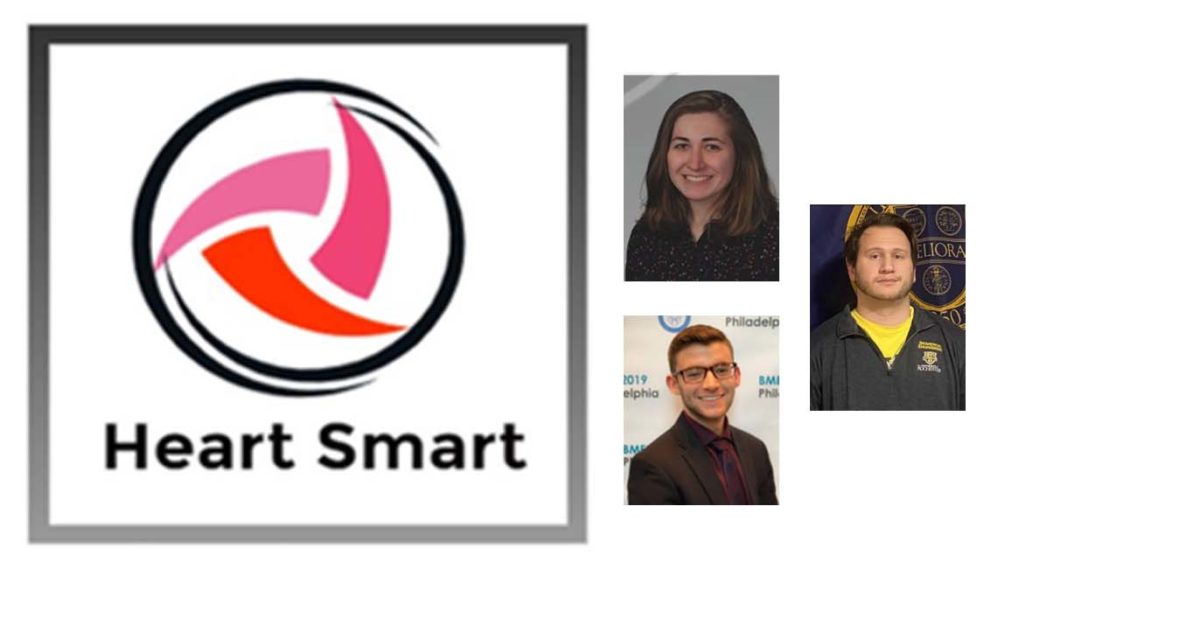
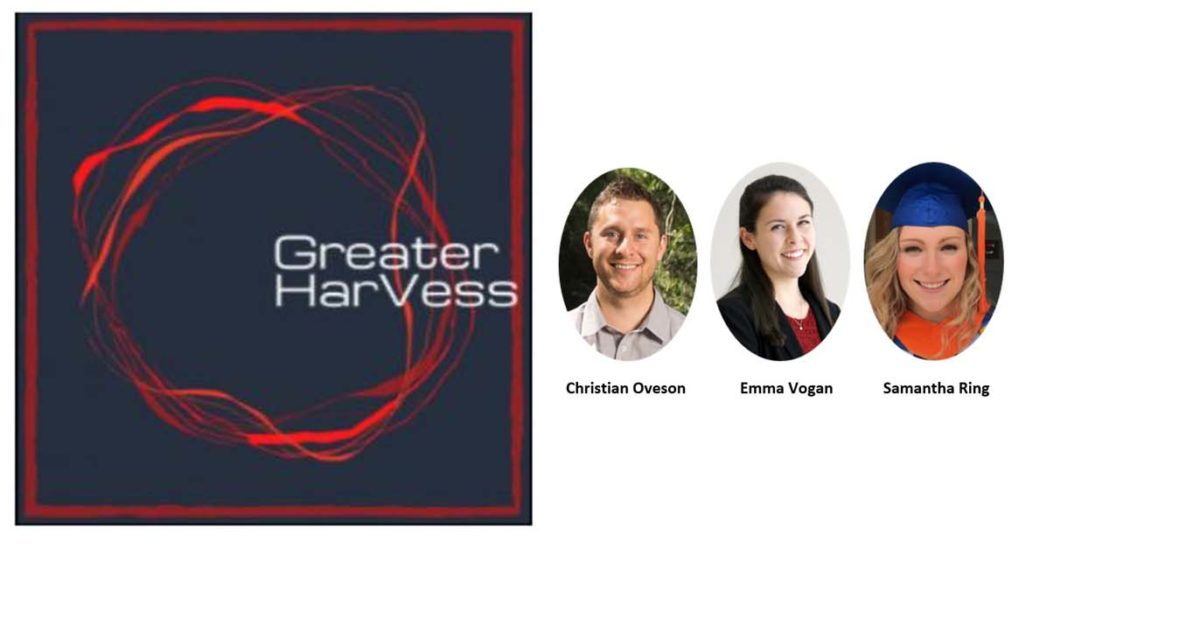

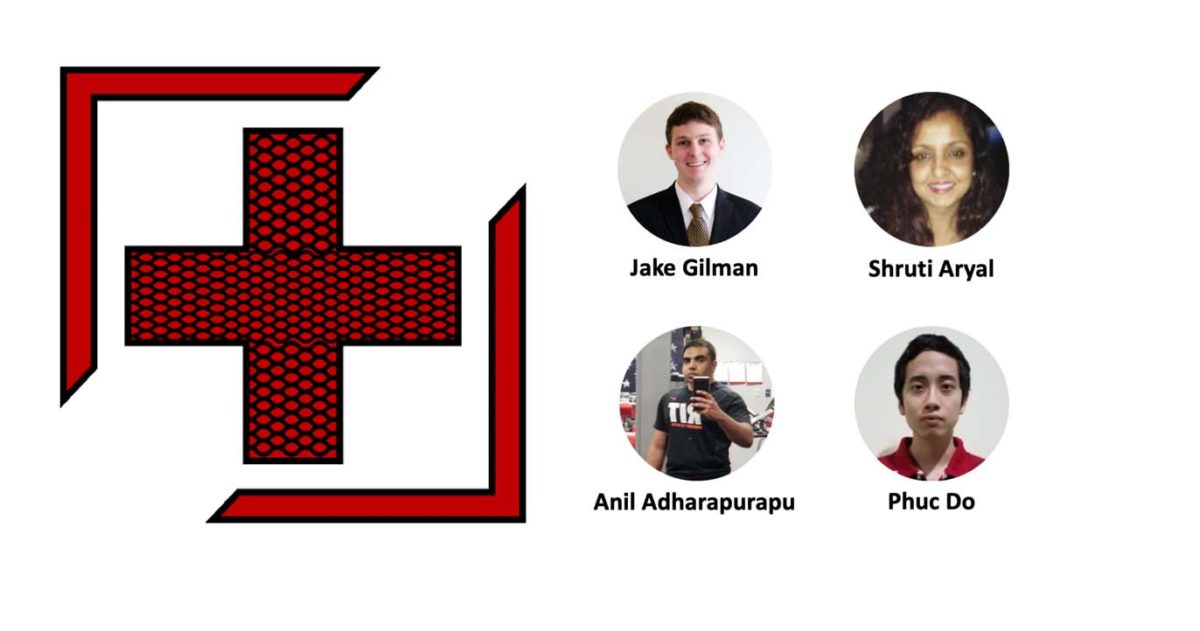
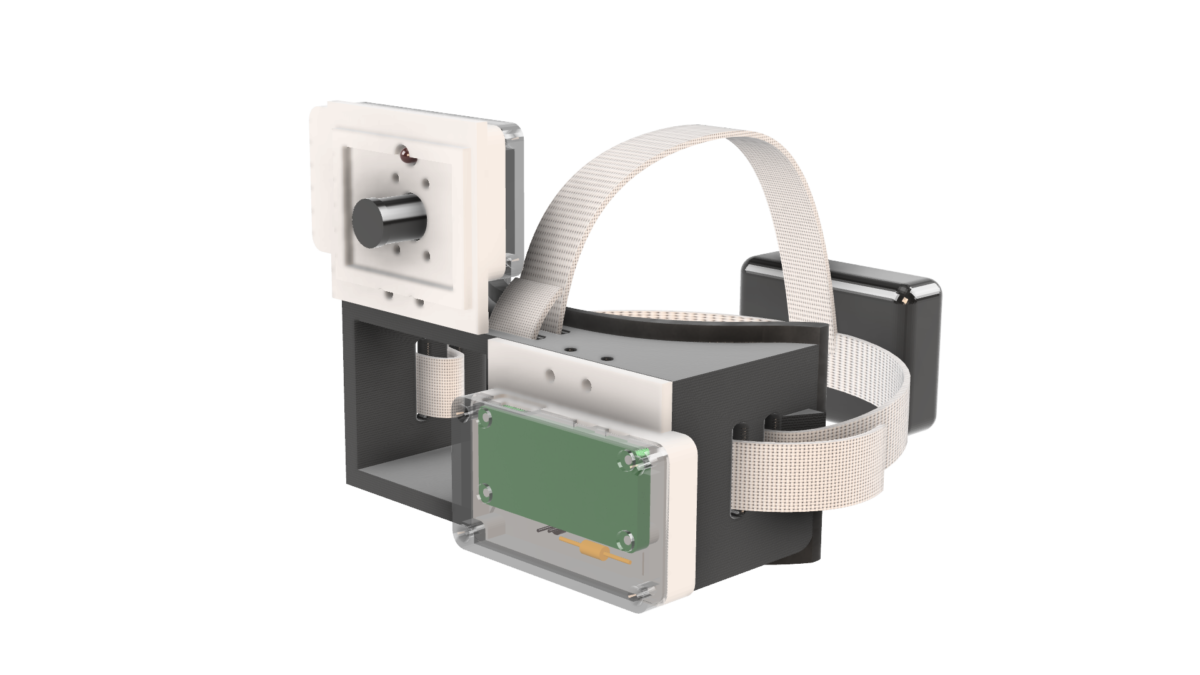
Video Oculography
A wireless Video Oculography system with two cameras to efficiently and accurately diagnose vestibular disorders
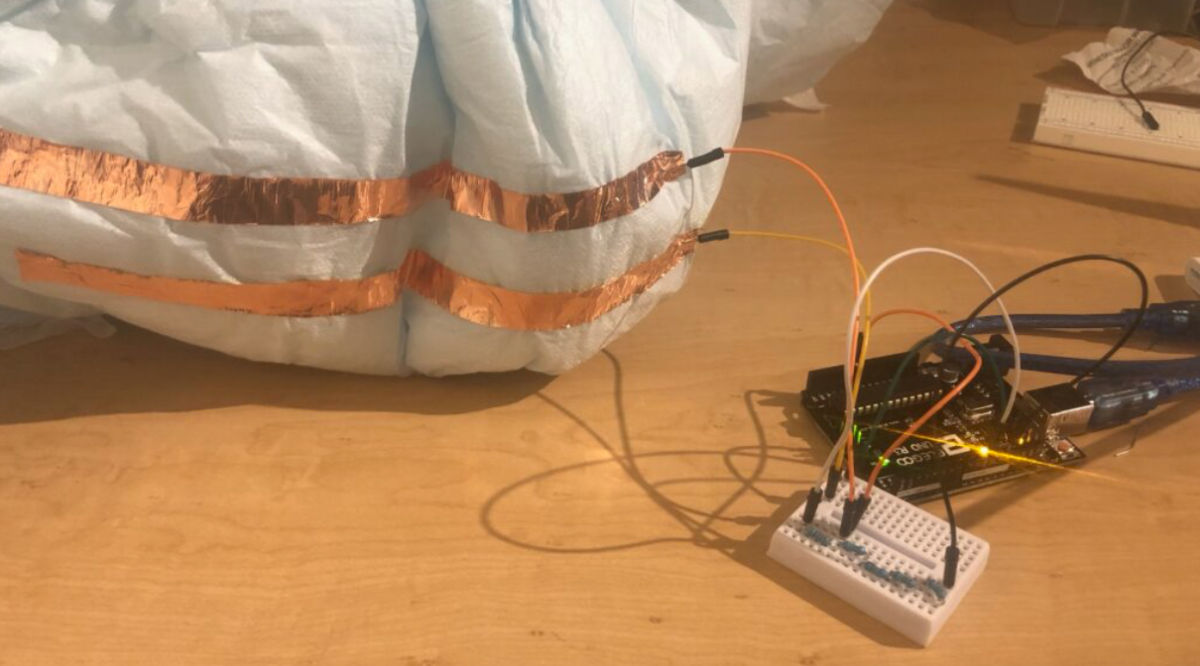
Urine Detection: Detection with Dignity
A device to detect urinary incontinence due to loss of bladder control.

Safe Patient Transfer
A new mechanism for patient transfers that will minimize the prevalence of back injuries in nurses during lateral patient transfers, while sustaining the safety of the patients.

Orthopaedic Surgeon Radiation Exposure Reduction
A creative device to protect medical professional from radiation with females physiques in mind
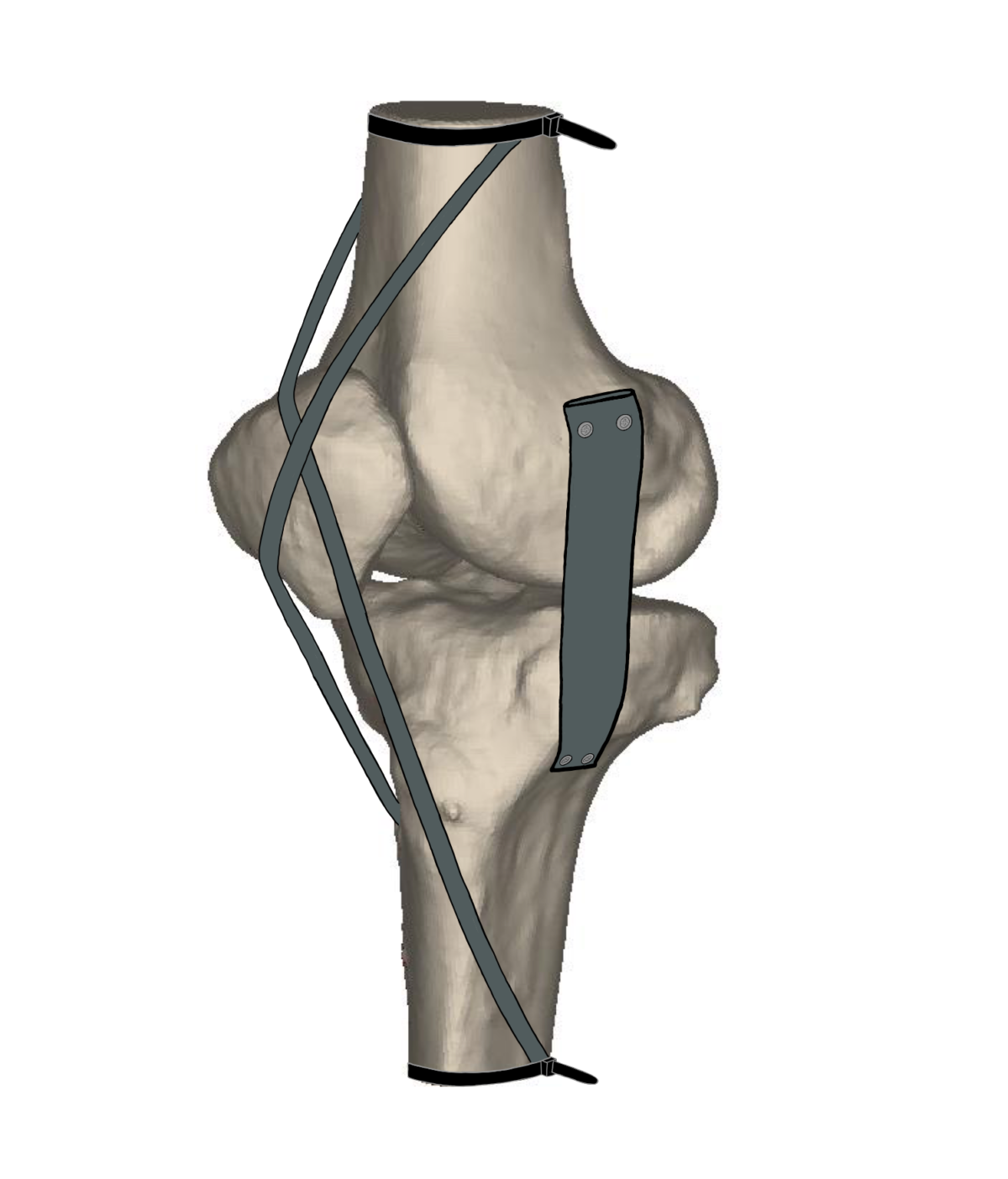
Arthroplastics
A surgical simulator with realistic sensory feedback for total knee replacement surgery training.

Improved Neck Brace
A cervical orthotic for patients experiencing head drop due to neuromuscular diseases, such as ALS. The brace will focus on support, comfort, and controlled motion.
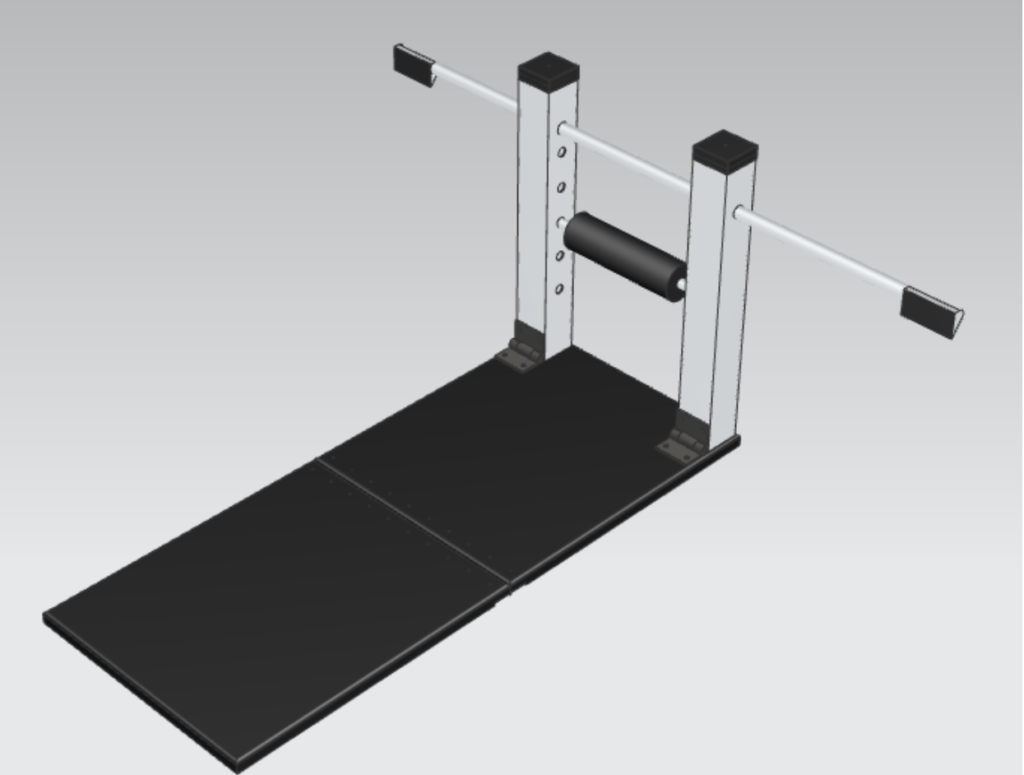
Home Exercise System for Knee Pain
Creating an affordable, accessible, and effective home exercise device to target chronic knee pain.

Cost-Effective HIV Viral Load Assay
To design a cassette for a cost effective and fast HIV viral load assay to increase testing accessibility in areas such as sub-Saharan Africa where HIV rates are highly prevalent.
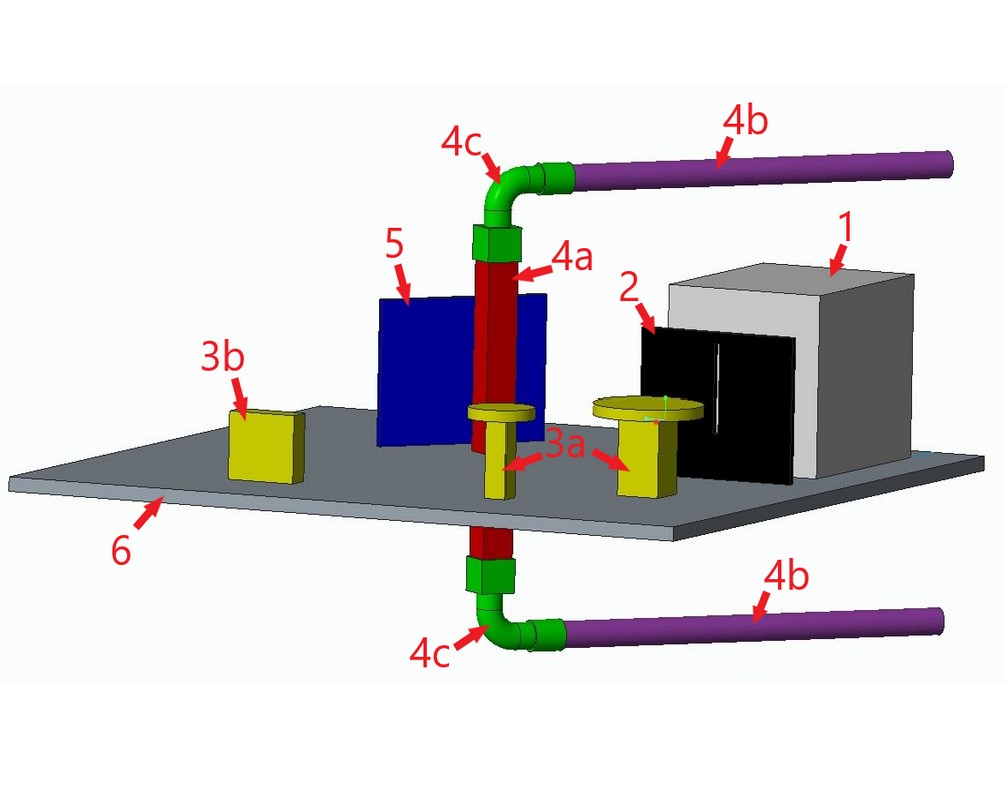
Hemodialysis Inline Analysis
A benchtop inline analyzer to measure the concentration of urea in spent dialysate.

Beard Adaptor for Ventilation Mask
An adaptor device able to attach to a ventilation/anesthesia mask to improve gaseous medication delivery to patients with facial hair.

Action Trackchair Controller
A new wireless controller for the Action Trackchair to allow for use by a caregiver of those unable to control the chair on their own.

OTICS
The Hybrid Endoscope/Microscope project is a senior design project that aims to design and build a system that combines the endoscope’s view and the microscope’s view during ENT surgery.
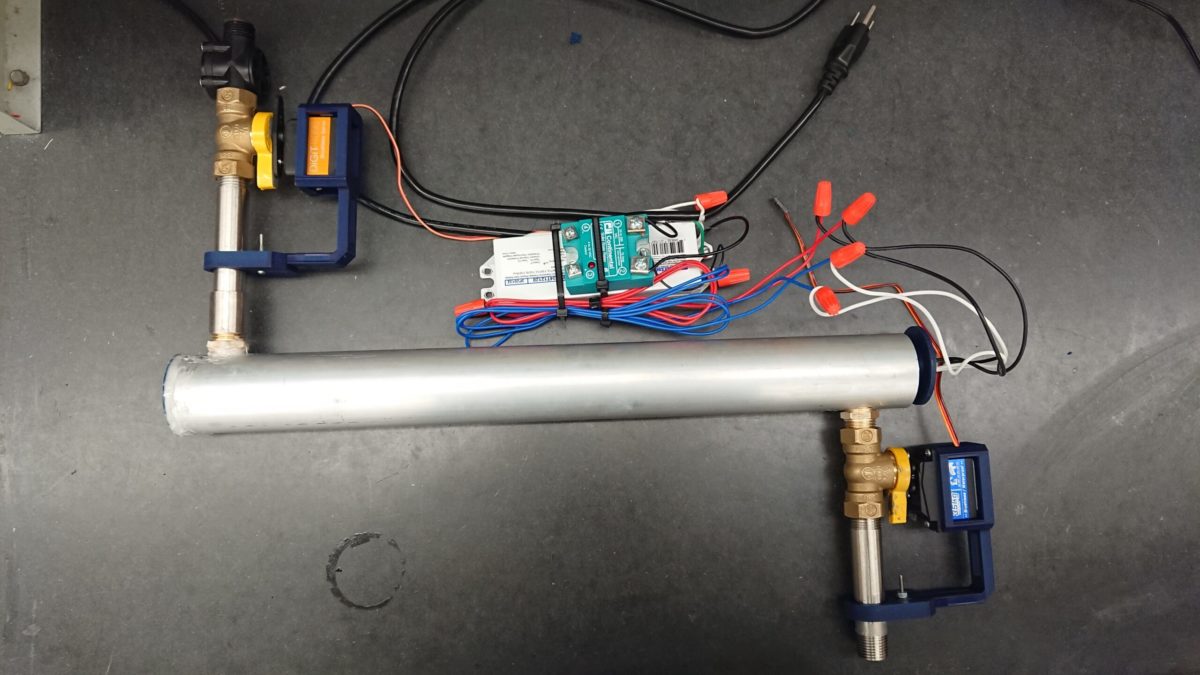
Water Sterilizer Control System
This system is a cheaper alternative option to chemical water treatment meant to sterilize drinking water with UV-C light by controlling water flow in order to achieve proper irradiation time.
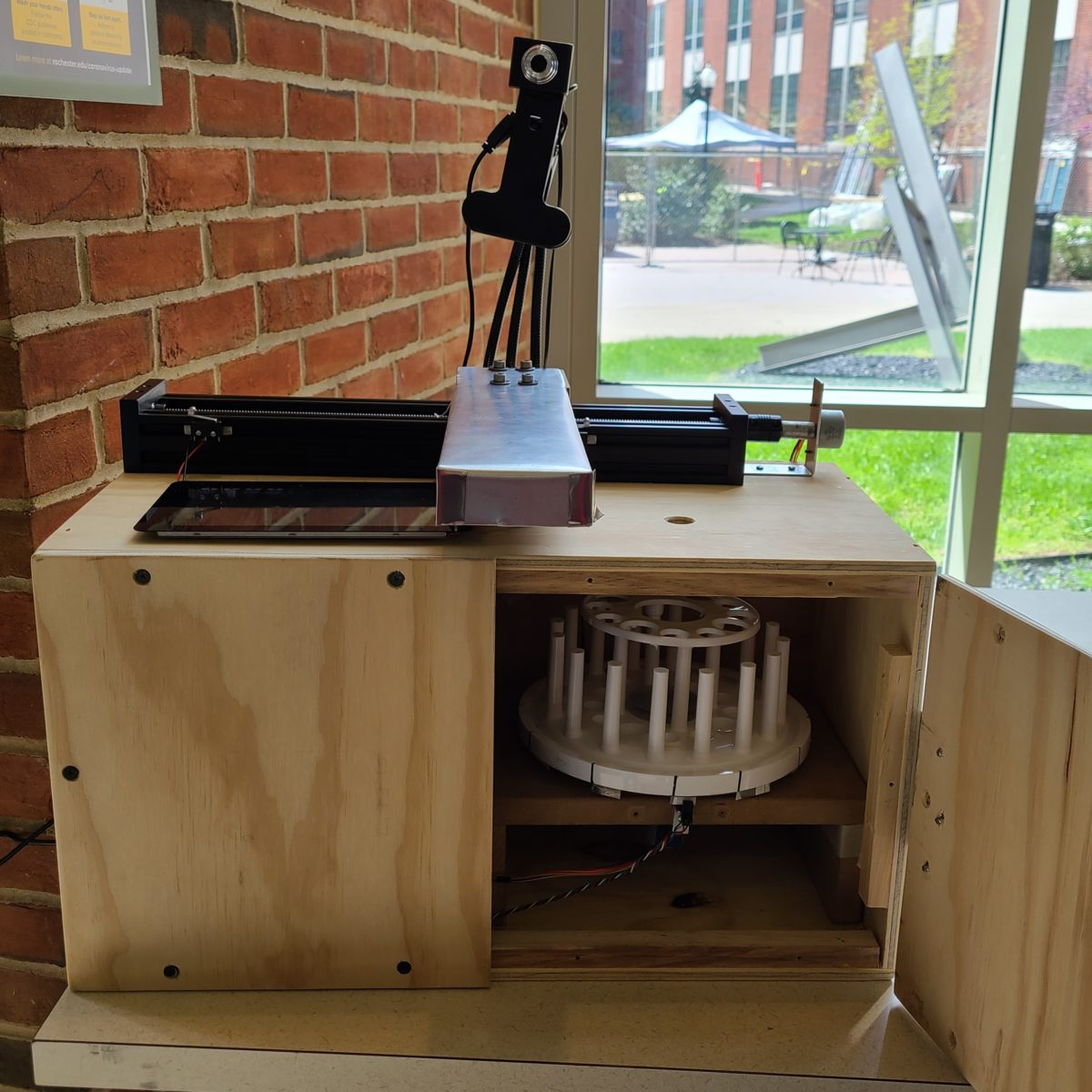
Health Care Test Station
A stationary unit designed to help facilitate the testing and storage of COVID-19 tests.
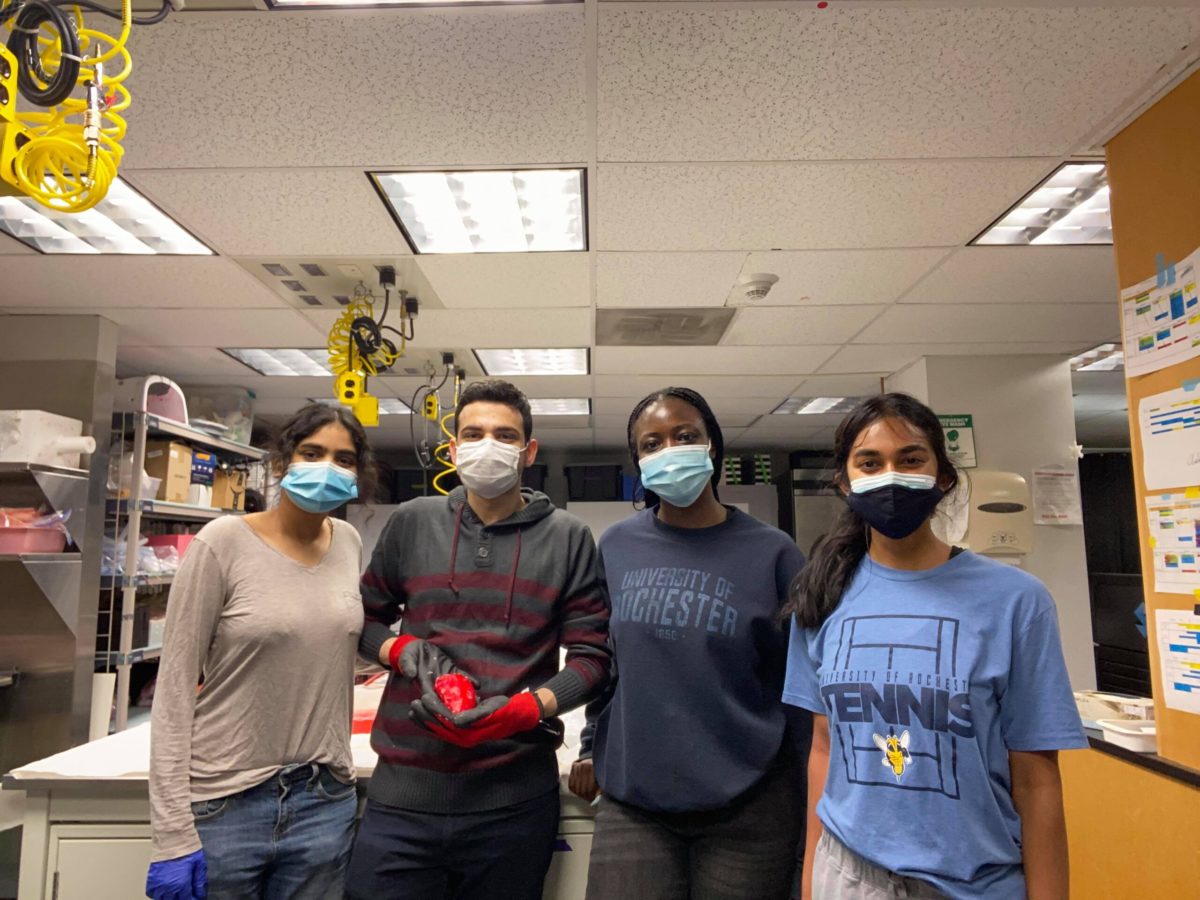
URMC Kidney Model Optimization
The URMC Kidney Model Optimization Project aims to create a polymer material that can simulate the human kidney for practice by surgical residents.
Bimpe Isafiade, Harshita Mahaseth, Natalie Ramesh, Baris Eser Ugur
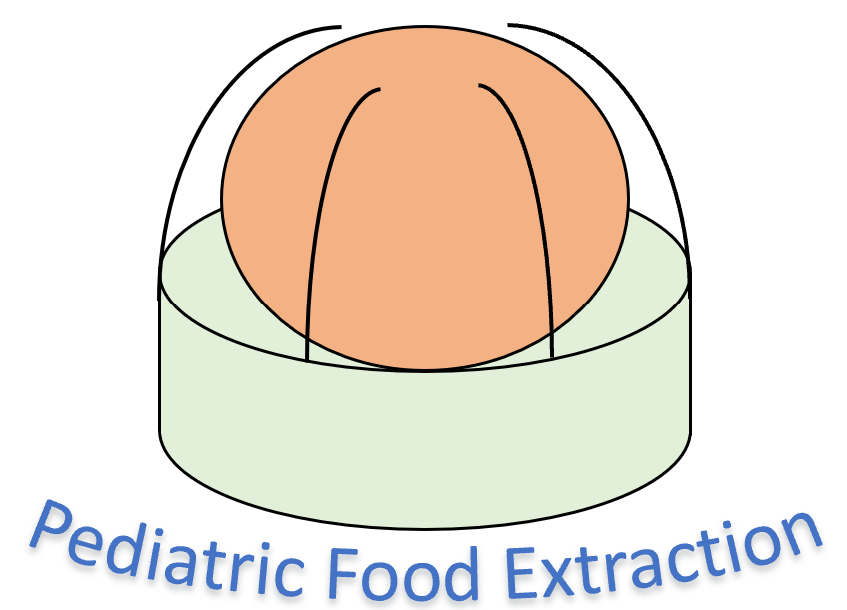
Pediatric Food Extraction
The aim of this project was to design a device capable of removing impacted food boluses in pediatric patients both more efficiently and more quickly compared to current industry standards.

Dr. Drain – Surgical Drain Securement Device
A surgical drain is placed within an internal wound site to prevent fluid from accumulating in the body throughout the patient’s recovery. A suture is currently used to secure the drain to the patient but has multiple shortcomings including infection risk and failure over time. We have worked alongside Dr. Sara Neimanis to create a new securement device that minimizes infection while durably securing the drain over extended periods of time.
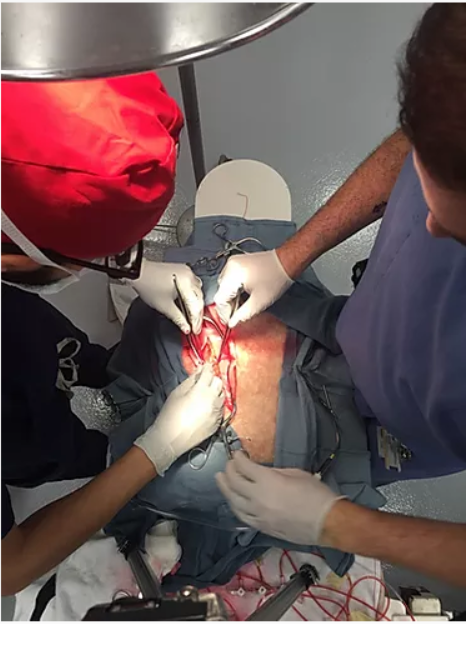
Cautery Phantom
The cautery phantom senior design team will engineer and improve a system that will arrest artificial blood flow in response to electrocautery in a tissue phantom manufactured by Simulated Inanimate Models, LLC (SIM). To solve this problem, we have investigated methods of vessel constriction by lining the tissue phantom blood vessel wall with a thermoresponsive material, coagulating the artificial blood by introducing proteins and chemicals into the mixture, and by making the blood vessel with a shape memory polymer.
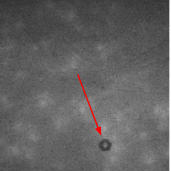
Kidney Model Polymer: Developing a stable model for surgical simulation
Development of polymers to simulate kidney tissues for surgical training of medical students at UR Medical Center.
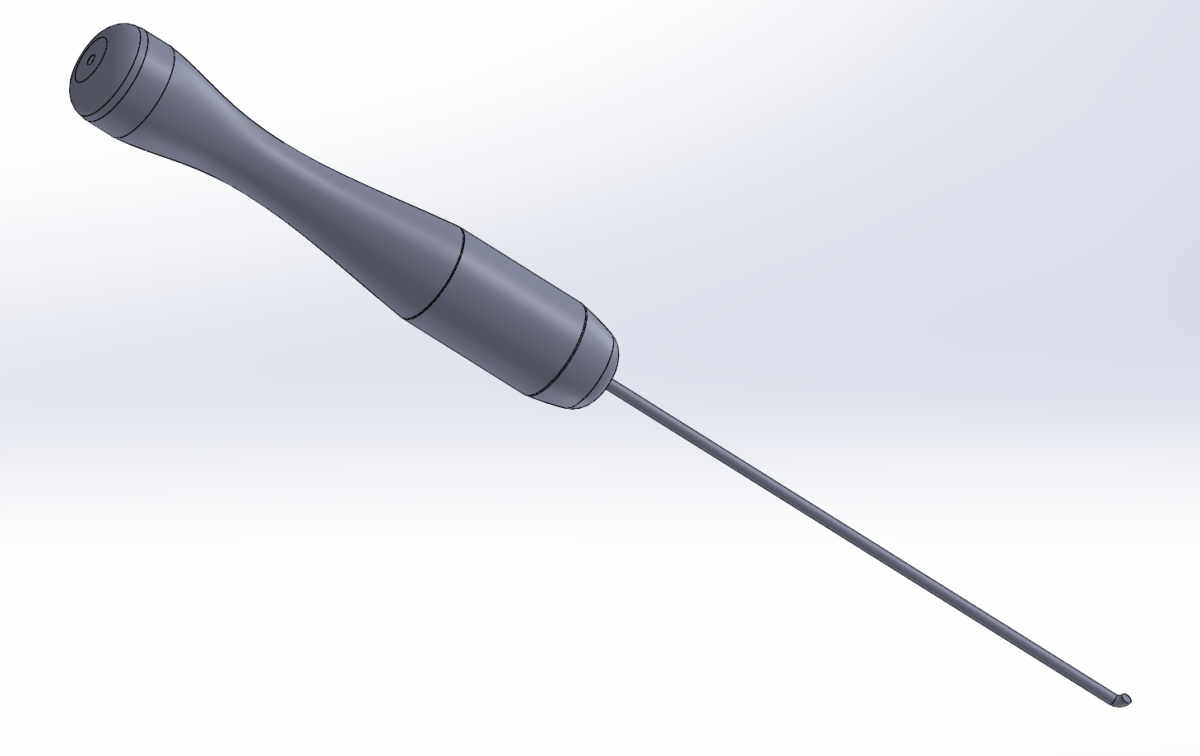
Cataract Surgery Device for the Developing World
Cataracts, a hardness and opacifying of the lens, is the leading cause of curable blindness worldwide, with the majority of cases occurring in developing countries where trained ophthalmologists are scarce. Our project is to develop a device to be used for a simplified cataract surgery that will insert a cylindrical intraocular lens into the cataract. By simplifying the procedure, more healthcare providers can be trained to perform the procedure, increasing the accessibility of cataract treatment in developing countries.
